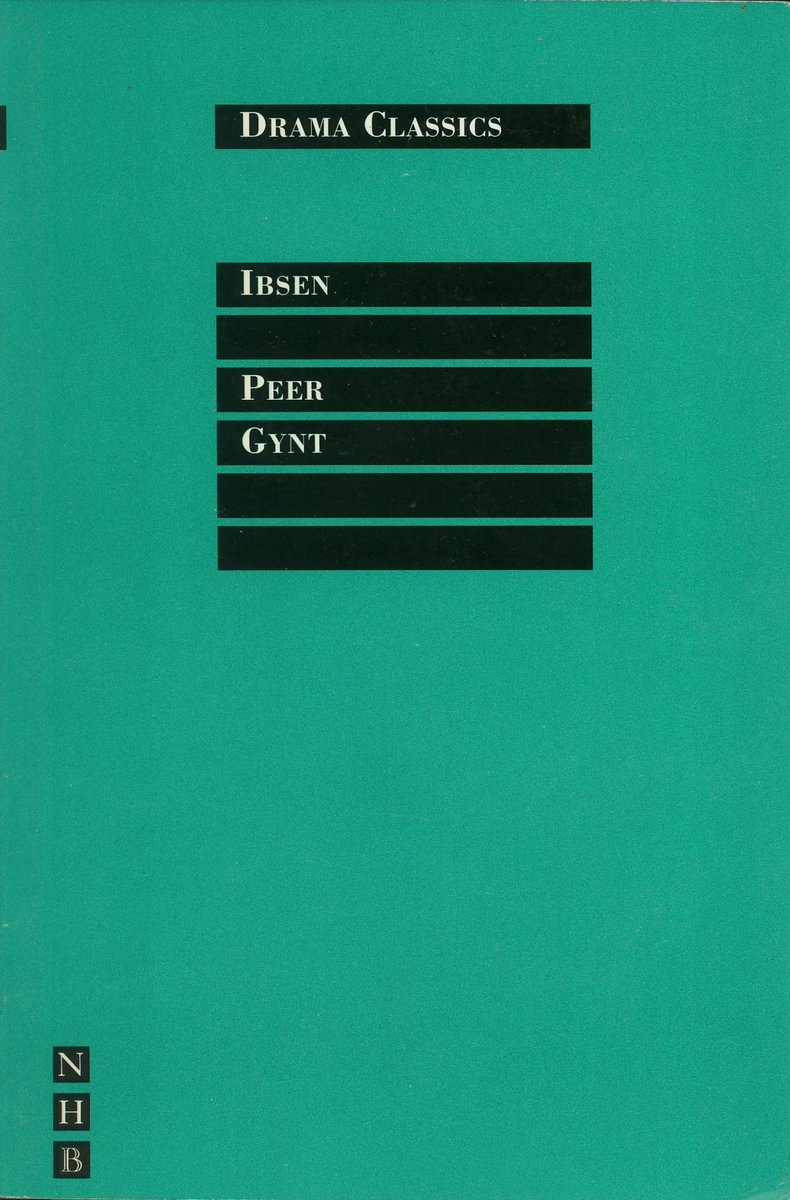The NHB Drama Classics series presents the world's greatest plays in affordable, highly readable editions for students, actors and theatregoers. The hallmarks of the series are accessible introductions (focussing on the play's theatrical and historical background, together with an author biography, key dates and suggestions for further reading) and the complete text, uncluttered with footnotes. The translations, by leading experts in the field, are accurate and above all actable. The editions of English-language plays include a glossary of unusual words and phrases to aid understanding.Peer Gynt, Ibsen's mighty epic, is by turns fantastic and tragic.Despite Peer's quest for absolute purity he repeatedly falls for the fleshy temptations of compromise, as he swaggers and seduces his way from the fjords of Norway to the deserts of Africa and back.Translated and introduced by Kenneth McLeish.


